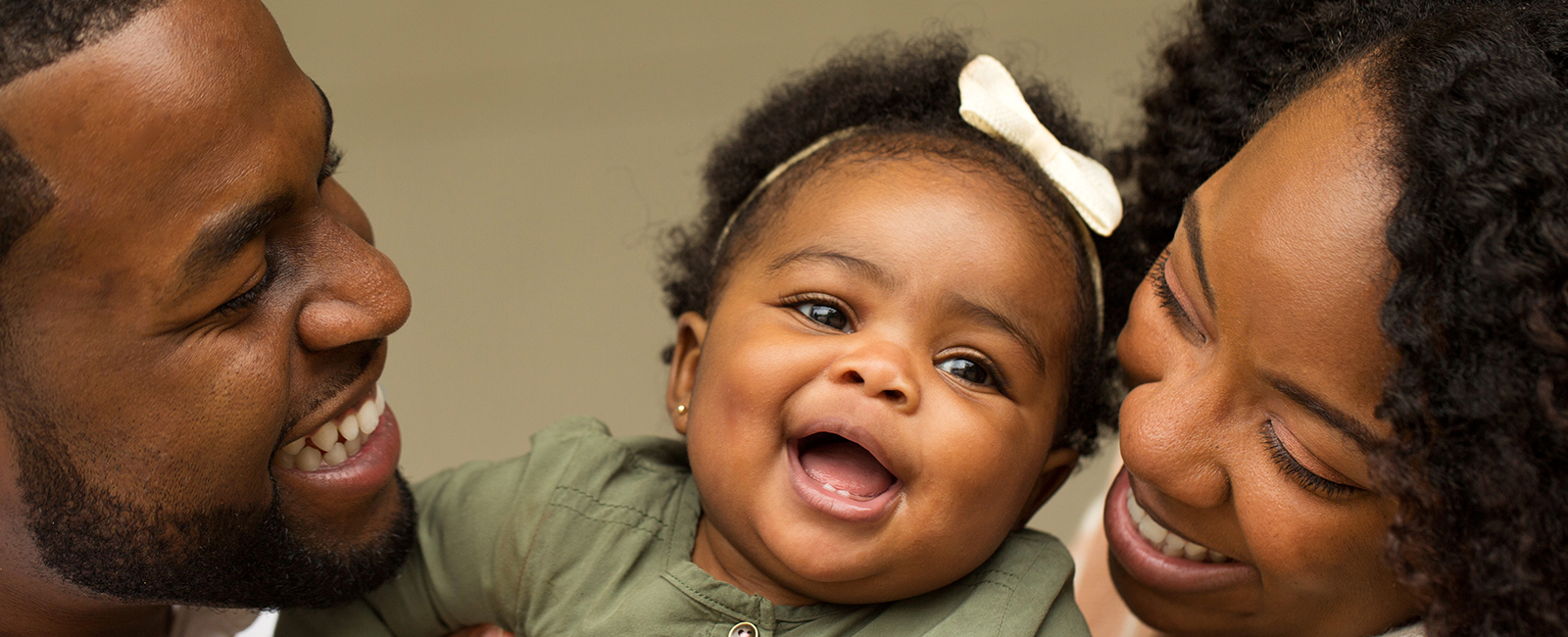Although an estimated 27.6 million adults and children around the world are victims of human trafficking, according to the Department of State, it is easy to overlook that as a very real problem the community of Northern Virginia faces. NVFS’ work with immigrants within our community makes us uniquely positioned to identify victims, some who may not even realize they are victims, and provide the supports they need to help them grapple with their experience and build a thriving life beyond it.
So, what can you do?
January is National Slavery and Human Trafficking Prevention Month. The first step to preventing anything is being aware of what the problem is and that it is something that occurs in our community. “It is a crime that hides in plain sight” as Virginia Attorney General Jason Miyares explained at a recent roundtable in Prince William County. Second, take action – learn more and support the NVFS’ Multicultural Center and other organizations that work to ensure the victims of human trafficking in our community get the support they need and that we end human trafficking. The NVFS team is committed to supporting victims through its Program for Survivors of Torture and Trauma & Trafficking Survivor Services. “We give clients a safe space to share their experiences and stories. I’m grateful to support them on their journey,” said Sophie Haile, NVFS clinical case manager.
What is human trafficking?
“Human Trafficking is modern day slavery. The impact on the health and wellbeing of victims of this crime is serious and long lasting.” – Yasmin Ventura, NVFS Trafficking Victim Assistance Program Manager.
The Polaris Project, a non-profit fighting sex and labor trafficking, summarizes the federal laws defining human trafficking as: when a perpetrator, often referred to as a trafficker, takes an Action (induces, recruits, harbors, transports, provides), and then employs the Means of force, fraud or coercion for the Purpose of compelling the victim to provide commercial sex acts (sex trafficking) or labor/services (labor trafficking). So, yes, in essence it’s a form of slavery occurring today, in Northern Virginia and around the world.
The Signs of Human Trafficking
According to Haile, a human trafficker can be someone a victim knows or a stranger. Human traffickers may do the following things to their victims, who may not initially realize they are being trafficked. Learn to recognize these behaviors to protect yourself, your loved ones and your community.
Isolation
- Someone who tries to physically isolate another person.
- Makes empty promises regarding money, success, community, etc. or a job offer that’s too good to be true.
- Buys expensive gifts for the victim and asking for pay back.
Vagueness
- Someone who will not provide details about location or people involved.
Threats
- Someone who threatens and commits physical, psychological, and emotional abuse.
- Shows jealousy, controlling behavior and violent behavior
- Threatens to withhold future employment opportunities
- Constantly holds the victim in debt to them
What are the effects of human trafficking?
“I’m a survivor and to be purchased is to be an idea or concept that you all may not be able to fully grasp what it feels like. It’s not only the control that someone has over you, that’s not the only issue. But the negotiation of your value, the price, the cost.” Tanya Gould, Director Anti-Human Trafficking Office of Attorney General of Virginia (WTOP News)
The effects of this exploitation are widespread. The victim experiences being sold and bought and often endures physical abuse, torture, and psychological and emotional trauma, lasting health effects, and stigma which increases the risk of revictimization. Families who have a member who has become a victim of trafficking often suffer from “anger, sadness, guilt, and shame”, according to the Covenant House, which ebb into their family dynamic, parenting methods, and life outside of the home. The marginalized communities and communities living in poverty or in unstable housing, who are particularly vulnerable to being preyed on by human-traffickers, become less safe and more vulnerable.
Community-wide impacts include loss of the workforce, loss of tax revenue, and an increase in costs and burden to our legal systems. It is important to note that human trafficking is a major part of organized crime so communities that are unable to effectively police and prosecute the perpetrators, according to the UN.
Take Action
Support NVFS’ Multicultural Center who supports individuals who have been trafficked with mental health care, legal services, and our holistic wrap-around supports.
Explore the Human Trafficking Response by the Virginia Department of Criminal Justice.
Learn more about who is at most risk of human trafficking.
Learn what’s a myth and what’s a fact at the National Human Trafficking Hotline and the Polaris Project.
Report it: Call the National Human Trafficking Hotline at 1-888-373-7888 or text HELP to BEFREE (233733)


